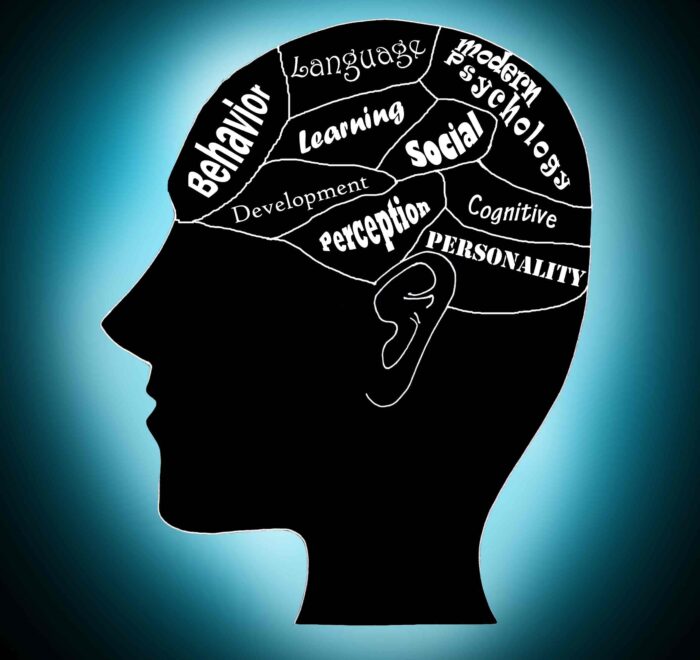The Department of Psychology at GCU offers undergraduate, postgraduate programmes in psychology. The department has a team of highly qualified faculty members who are dedicated to providing a stimulating learning environment for their students. The curriculum is designed to cover a wide range of topics, including developmental psychology, social psychology, clinical psychology, cognitive psychology, and personality psychology. Students have access to state-of-the-art facilities, including a computer lab, a library with an extensive collection of books and journals, and other resources that are essential for their academic and research pursuits.
To empower students to develop into proficient, compassionate, and ethical professionals in the field of psychology, equipped with a profound comprehension of human behavior, critical thinking skills, and knowledge to contribute to the well-being of individuals and society.


Dear Students,
I am delighted to welcome you to the Department of Psychology at Girijananda Chowdhury University (GCU). As the Head of the Department, I am thrilled to have the opportunity to guide and support you in your educational journey in psychology.
Psychology is a fascinating and dynamic field that offers a deep understanding of human behavior, thoughts, and emotions. Our department is committed to providing you with a high-quality education that equips you with the necessary knowledge, skills, and ethical values to excel in the field. We have a team of dedicated and experienced faculty members who are passionate about teaching and mentoring students. They are committed to creating a nurturing and intellectually stimulating environment that fosters critical thinking, research, and practical application of psychological principles.
As you embark on this academic adventure, I encourage you to immerse yourself in the subject matter, actively participate in class discussions, engage in research opportunities, and seek practical experiences that will enhance your understanding of psychology. Our department also values inclusivity, diversity, and interdisciplinary collaboration. We believe that embracing different perspectives and working across disciplines enriches our understanding of human behavior and enables us to address complex societal challenges. I urge you to take advantage of the resources and opportunities available to you, such as our well-equipped psychology laboratory, research facilities, and extracurricular activities. Additionally, our department organizes workshops, seminars, and guest lectures to expose you to the latest advancements in the field and to broaden your horizons. Remember, your journey in psychology extends beyond the walls of the classroom. Embrace the spirit of lifelong learning, be curious, and actively seek opportunities for personal and professional growth. Our aim is to nurture not only competent professionals but also compassionate individuals who contribute to the well-being of society.
I am excited to embark on this journey with you and witness your growth and achievements. Wishing you a fulfilling and successful educational experience in the Department of Psychology at GCU.
The department has incorporated recommendations from the National Education Policy (2020) to enable a more integrated and multidisciplinary approach to education. The syllabus is designed to equip students with an extensive knowledge of the field of psychology, which will aid them in competitive exams such as NTA NET, GATE, and others. The Department of Psychology at GCU also emphasizes the importance of staying up-to-date with the latest research and developments in the field of psychology, with faculty and students alike engaging in cutting-edge research on topics such as cognitive neuroscience, positive psychology, and cross-cultural psychology.
Furthermore, the department also encourages students to engage in research activities and provides opportunities for them to present their work at national and international conferences. In addition to academic programs, the department also conducts various outreach programs and community services, such as counseling and psychological assessments, for the benefit of the local community. Overall, the Department of Psychology at GCU is committed to providing a comprehensive education in psychology, equipping students with the necessary skills and knowledge to succeed in their careers and make a positive impact in society.